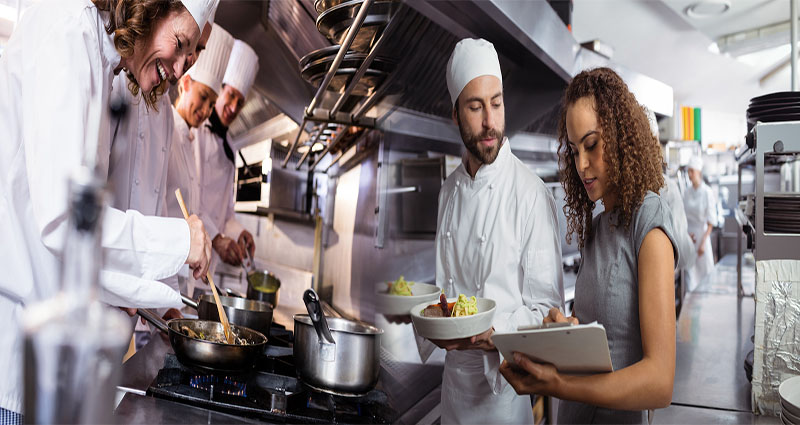Staff training is a crucial element of successfully managing a culinary team in any food-related business. Whether you run a restaurant, catering company, food truck, or any other food service establishment, the proper training of your staff is essential for maintaining quality, ensuring safety, and achieving overall success. In the world of culinary management, implementing effective staff training techniques is key to fostering a skilled and cohesive team that can deliver exceptional dining experiences to customers.
Understanding the Importance of Staff Training
In the culinary industry, where the quality and consistency of food are paramount, a well-trained staff is the backbone of any successful operation. Not only does proper training ensure that your team has the necessary knowledge and skills to prepare and serve menu items, but it also plays a vital role in maintaining food safety standards, adhering to regulations, and upholding the reputation of the establishment.
Techniques for Effective Staff Training
- Hands-On Demonstration: One of the most effective ways to train culinary staff is through hands-on demonstrations. Whether it’s a new cooking technique, a specific dish presentation, or the proper use of kitchen equipment, providing practical, on-the-job training allows your team to learn by doing.
- Structured Training Programs: Implementing structured training programs can help ensure that every staff member receives consistent and comprehensive training. This can include specific modules for food preparation, sanitation guidelines, customer service, and more.
- Mentorship and Shadowing: Pairing less experienced team members with seasoned veterans for mentorship and shadowing can provide invaluable on-the-job training. This also fosters a sense of teamwork and camaraderie within the staff.
- Regular Refresher Courses: The culinary industry is ever-evolving, with new trends, techniques, and safety standards emerging regularly. Conducting regular refresher courses can help keep your staff up-to-date with the latest practices and ensure ongoing skill development.
- Feedback and Evaluation: Providing constructive feedback and conducting periodic evaluations can help identify areas where staff members may need additional training or support. Creating a culture of continuous improvement through feedback is essential for maintaining a high-performing team.
- Utilizing Technology: Incorporating technology, such as online training modules or educational apps, can provide flexibility and accessibility for staff training, especially for topics like food safety and sanitation procedures.
In the competitive and dynamic culinary industry, the success of any food-related business relies heavily on the competency and expertise of its staff. By implementing effective staff training techniques, culinary management can not only ensure the consistent delivery of high-quality food and service but also foster a positive and productive work environment. Investing in the training and development of your culinary team is an investment in the long-term success of your business.










